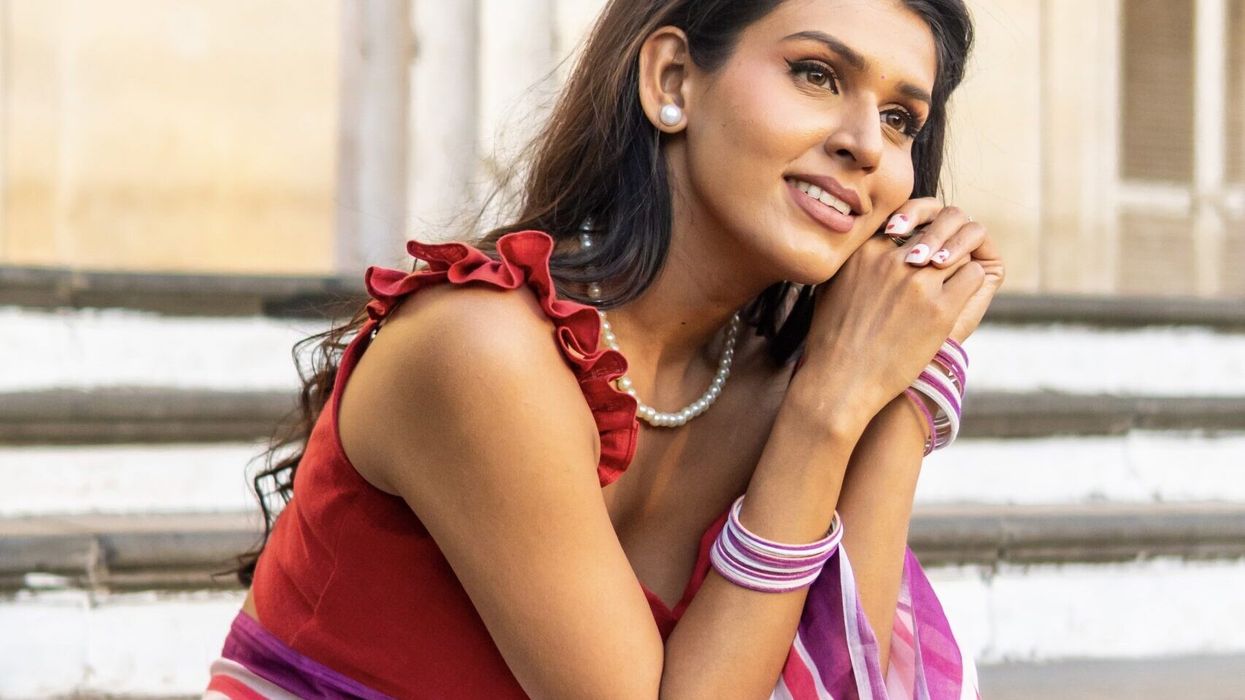TALENTED newcomer Priyanka Zemse first got connected to the arts, creativity and music through the classical Indian dance form, Bharatanatyam.
Watching movies and regional plays as a child sparked her interest in storytelling and character portrayal, which led to a promising acting career.
She has followed up roles in TV serials like Molkki, Cartel and Asur: Welcome To Your Dark Side, with acclaimed short film Me, Raani, in which she plays an impoverished mother wanting to give her daughter a better life.
Eastern Eye caught up with the talented Indian newcomer to discuss her short film, future hopes, acting hero and inspirations.
You have done diverse roles, but which project has been closest to your heart?
I feel Me, Raani will be close to my heart as I loved the intensity and authenticity of the character and depth of the script. Performing Anju was extremely challenging and exciting.
The dialect, body language and conflicts within her - it really demanded me to give my best.
Which role challenged you the most?
I played a possessed woman in the web series Dahan and a reporter in the series Cartel. Both characters had a huge impact and were well appreciated.
What was the experience of acting in short film Me, Raani?
I was really touched while shooting the climax of this film. This happened because of the bond I shared with (child star) Bhavika (Parde) on the set. The whole team had put their heart and soul in the project while shooting. I was fortunate to work with such a positive, optimistic and professionally committed team. I am grateful to (director) Shivani Mehra and Carry on Films for having faith in me to play a character like Anju.
A still from Me, RaaniWhat can we expect from you?
In Me, Raani, you see Anju, a strong mother who's ready to do anything for her daughter's happiness. I am hoping for appreciation from global festivals for this film. I am looking forward to many more such women-centric, performance-based roles.
Do you have a dream role?
I would love to perform women-centric roles representing women from different cultures and classes. I would like to excel in intense emotionally charged roles, action-oriented films, period dramas and, if given the chance, then comedy as well. I would like to bring characters to life in imaginative and creative ways.
Does your approach change between different languages?
For me, being open to working in different languages can significantly broaden opportunities and cultural connections, which opens up diverse roles and international collaborations for myself.
What do you enjoy watching as an audience?
I enjoy watching docu-dramas, period dramas, romcoms, thrillers, horrors and biopics.
Who is your acting hero?
I am highly inspired by Smita Patil, Shabana Azmi, Naseeruddin Shah and Irrfan Khan. After watching Arth, Manthan and The Lunchbox, I was convinced that acting is not just about looking good, but also performing the given character and connecting well with the audience.
What inspires you as an actress?
Working with talented professionals actually inspires me to become better at my craft. Understanding how people think, feel, and behave in various situations helps me bring authenticity to my performances. I am deeply inspired by compelling narratives and complex characters that challenge me to explore different emotions and perspectives. And that helps me to channel my characters to life.
Instagram: @peezee_official




